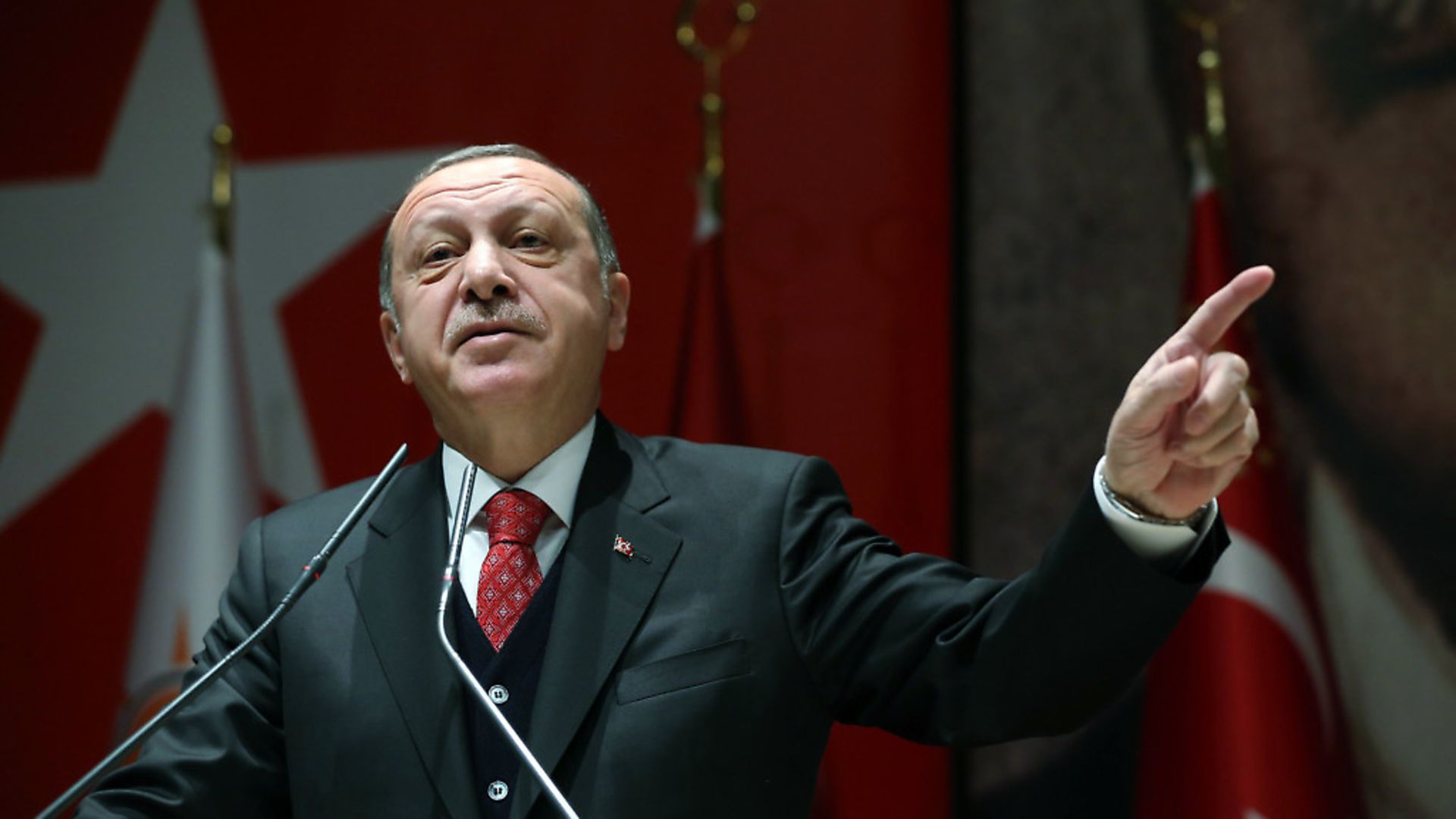
Turkey’s president Erdoğan has criticised a European court’s ruling that has allowed employers to ban workers from wearing religious veils in the workplace.
The EU’s highest court, the European Court of Justice (ECJ), made the ruling on Thursday. Employers will need to justify that the veil does not “project an image of neutrality to customers or to avoid social conflicts,” the court said.
The ruling came after two separate cases were brought to German courts by Muslim women who were prevented from wearing their headscarves to work.
The first, a childcare worker, was suspended twice by her employer and was issued a written warning. The second, a sales assistant at a chemist, was told not to wear any item of clothing that was deemed a conscious political philosophy or religious symbol. She responded by saying that her head covering was mandatory for her faith and refused to accept the ban.
According to the Turkish president, allowing companies to prohibit the wearing of the Islamic headscarf violates freedom of religion.
“The ECJ should change its name,” Erdoğan told a press conference in Istanbul.
“This issue has nothing remotely to do with a court of justice. There cannot be a court of justice that does not know what freedom of religion is,” he added.
Ibrahim Kalin, a spokesperson for the president, further added on social media that the decision would encourage Islamaphobia. He wrote that it would “play right into the hands of those warmongers against Islam in Europe”. “Does the concept of religious freedom now exclude Muslims?” he asked rhetorically at the end of his comments.
Fahrettin Altun, Erdoğan’s communication’s director, described the decision as unbelievable and an “attempt to grant legitimacy to racism”.
“Instead of denouncing its dark past, Europe now seeks to embrace it,” he said. “We condemn this ruling, which infringes on human dignity.”
This is not the first time the Turkish president has accused the European Union and its members of Islamaphobia. In 2017, he also accused the ECJ of beginning a “crusade” after it made a ruling that businesses could ban their staff from wearing headscarves and other religious symbols in certain conditions
In fact, Turkey had introduced a similar ban on the Islamic veil for decades, until Erdoğan and his government lifted the ban in 2013.
Critics of the ruling have stated that the verdict may mean many Muslim women will be excluded from employment roles.
The European Network Against Racism said that this latest ruling would “lead to lead to justifying the exclusion of Muslim women, who are increasingly portrayed as dangerous for Europe, in the collective narrative”.
Warning: Illegal string offset 'link_id' in /mnt/storage/stage/www/wp-includes/bookmark.php on line 357
Notice: Trying to get property 'link_id' of non-object in /mnt/storage/stage/www/wp-includes/bookmark.php on line 37






